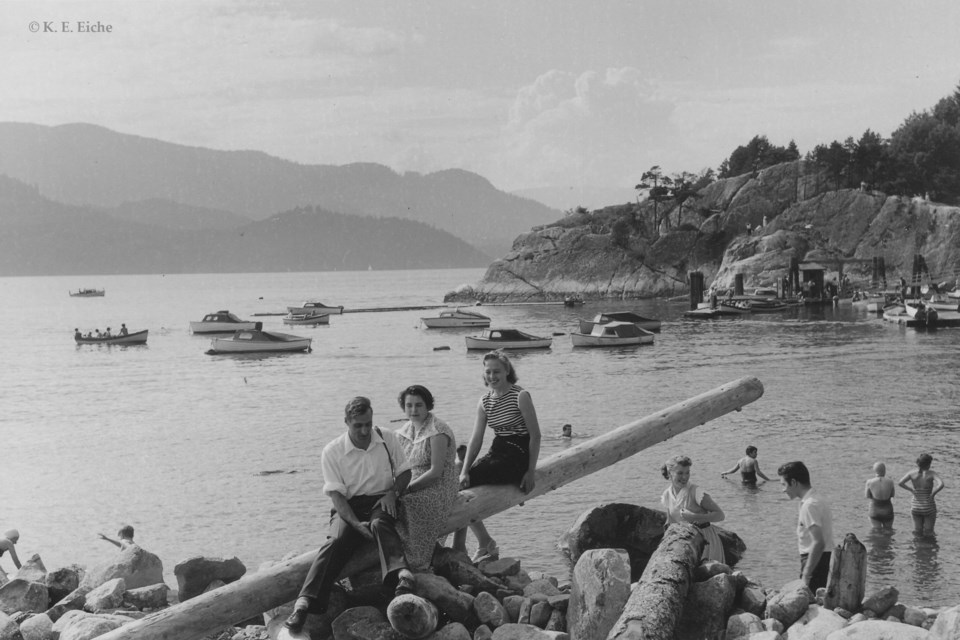When I lived in Florence, an Italian boyfriend criticized me for leading a life without rituals. His mother, he reminded me, went to church every afternoon to pray. I didn’t even go to church on Sundays. True, I didn’t attend mass regularly, but I often went to churches (mostly those not on any tourist itinerary) to sit quietly for a while, seeking and finding peace. His criticism wasn’t really about my not being devout. He was just finding ways to make our relationship unravel faster by blaming my lack of ritual for his own lack of it since he didn’t go to church on Sundays either.
We find ritual often, though not invariably, linked to religious practices – the word comes from the Latin “ritus” (meaning usage, ceremony, observance). It’s first documented in English in the second half of the 16th century. By the next century, ritual had become associated with religious services. In more modern times, it’s come to refer also to types of regular actions or behaviour – such as the ritual morning coffee.
I think about my old boyfriend’s remark increasingly often, not as a personal attack, but as an observation of how the Sundays of our time have changed, for many people in many places. Whether or not we were religious, and whether or not we went to Sunday mass, I think we all used to have a Sunday ritual of a sort – visiting friends or relatives, watching sports, or taking a Sunday drive into the countryside. When there weren’t as many cars on the road, the drive itself could be enjoyable, because it wasn’t just time spent on the road to get to the destination. There is definitely something soothing about the gentle motion of a car rolling along a smooth road.
Forty or so years ago, malls and shops began staying open on Sundays, and mall crawls became a Sunday ritual for many, especially teens. The internet (which, thanks to smartphones, is always with us, held in the palm of our hand) helped to further suppress traditional family rituals. Or perhaps it’s better to say that the internet became a ritual in itself. Materialism and commercialism, with the promise of instant gratification, exerted a kind of magnetism, and it continues to prove difficult for many to resist the attraction.
My parents and I had definite Sunday rituals during our first years in Canada. If the weather was good we’d drive out, to explore the countryside and eat a picnic consisting of hearty German fare – potato salad and wieners or schnitzel frequently appeared on the menu. Paper plates or plastic knives and forks were unheard of – we used proper plates and cutlery. Tea was poured from a thermos into real cups. We didn’t create any trash – at the end of the picnic, all the dishes and cutlery were packed into the bag or basket in which we’d brought them. It’s a good practice, which along with Sunday rituals involving family and good friends, ought to be revived.
Sabine Eiche is a local writer and art historian with a PhD from Princeton University. She is passionately involved in preserving the environment and protecting nature. Her columns deal with a broad range of topics and often include the history (etymology) of words in order to shed extra light on the subject.



